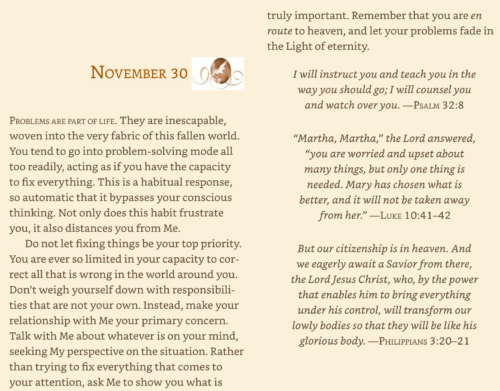The Prophetic Future
Episcopal priest Nontombi Naomi Tutu finds a vision for the future of Christianity in the wisdom of the Hebrew prophet Amos.
When God calls Amos from his fairly stable life, Amos realizes that he is called to be in conflict with the prevailing wisdom and power structure of his day. Yet, he knows that he is called not simply to upbraid the people of Israel but to remind them who their God is and who they are called to be. . . . This is a people who have pledged themselves and their descendants to be in a covenantal relationship with God. The covenant is not about feast days or offering sacrifices to God; it is about how they are to live as a people in the world. They are meant to model a new way of being in community and to show that worshipping God is about every aspect of their lives.
Worship of God is . . . all about how we treat our neighbor, how we deal with the less fortunate, what we do to or for the widow and orphan, and how we treat the stranger in our midst. Amos tries . . . to make it clear to God’s people that the God who created and loves them, expects that their belief in God will challenge them to live lives that mirror God’s love. . . .
It is harder to see this Amos Christianity in the world, but I know it is there and I believe this is actually the more dominant story of Christianity. It is more hidden because it is not flashy or seeking attention. . . . I have seen it in the small parish of St. Thomas, Kagiso, South Africa. When we visited some years ago, the rector at the time, Xolani Dlwati, told us, “We do not do outreach. Everything we do is worship.” This congregation, comprised of predominantly poor families, fed lunch to children in the neighborhood school; bought school books, shoes, and uniforms for children in the community; stood as guardians for families of child-headed households; and made sure that those dying from AIDS had their homes cleaned, were eating healthy food, and knew they were loved. There was no fancy church sanctuary, no glamorous life for the rector, just worship of God that showed, through their caring, what Christianity is all about. . . .
Our faith has never been about those who are most popular and those who preach prosperity. It has been about the communities faithfully modeling a way of being in the world, of being in relationship with each other and with the prisoner and the hungry. It has been about voices reminding us that living God’s love looks like our daily experiences. It has been about Amos, standing up to the establishment in the name of God and in the name of justice. So, I believe that the future of Christianity is indeed its past and present. It is Amos. It is us.
